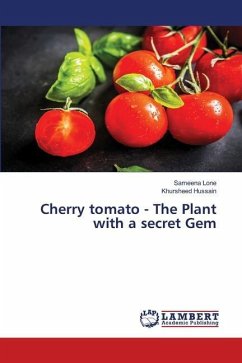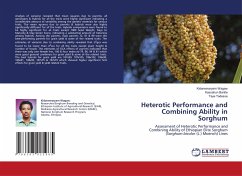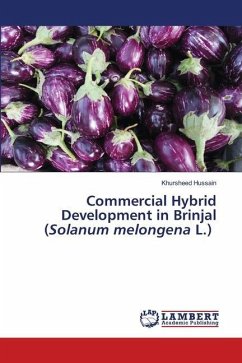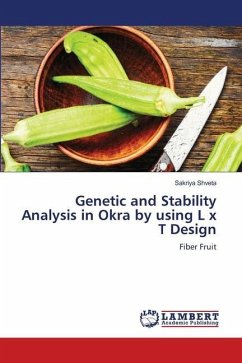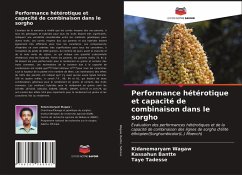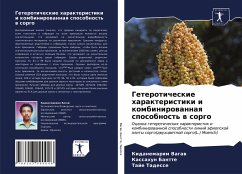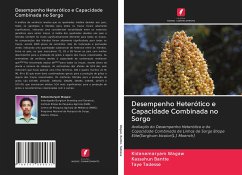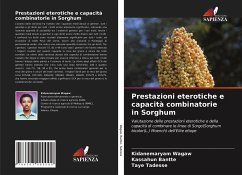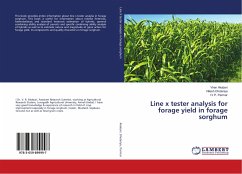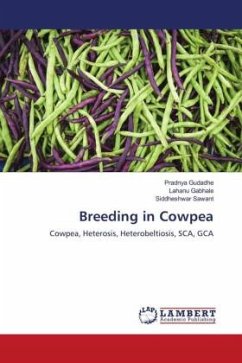
Breeding in Cowpea
Cowpea, Heterosis, Heterobeltiosis, SCA, GCA
Versandkostenfrei!
Versandfertig in 6-10 Tagen
45,99 €
inkl. MwSt.

PAYBACK Punkte
23 °P sammeln!
Cowpea cultivation is neglected due to low yielding ability. The low potentiality may be due to genotype adaptable to poor management, as it is grown continuously on marginal land hence, there is need to give more attention for systematic study and developing high yielding varieties in order to solve mal-nutritional problems. Cowpea being a self pollinated crop, the diversification of genotypes is expected to be limited compared to cross pollinated crops. The divergence studies of parents involved and their F1 s may provide a tool for selection for ensuring occurrence of more number of desirab...
Cowpea cultivation is neglected due to low yielding ability. The low potentiality may be due to genotype adaptable to poor management, as it is grown continuously on marginal land hence, there is need to give more attention for systematic study and developing high yielding varieties in order to solve mal-nutritional problems. Cowpea being a self pollinated crop, the diversification of genotypes is expected to be limited compared to cross pollinated crops. The divergence studies of parents involved and their F1 s may provide a tool for selection for ensuring occurrence of more number of desirable attributes in progenies and also for planning future crossing programme. The improvement in cowpea needs attention for the characters like early flowering, longer pod length, more number of pods per plant and number of grains per pod, etc.



